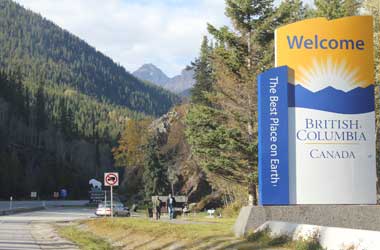EGBA Wants Portugal To End ‘Biased’ Online Gambling Tax Laws

The European Gaming and Betting Association (EGBA) is asking the Portuguese government to take a look at the country’s current online gambling tax law and to revamp them. The association’s main complaint is that the tax law that are in place right now are very punitive and slow the growth of online gambling in the country.
This plea comes after a recent report revealed that 75 percent of online gamblers in Portugal prefer to play outside of the regulated Portuguese gambling market. This means that their wagers and winnings will never be taxed by the government. It also removes them from the protection provided by a licensed gambling operation.
In a statement, Maarten Haijer, Secretary General of EGBA, said
However, the current Portuguese tax regime for online gambling is discriminatory because it applies a more favourable tax for some operators, whilst others have to pay a much higher tax based on a broader tax base. As a result, applying for a Portuguese license is much less attractive for online gambling companies based elsewhere in the EU.
Haijer went on to point out that as of now only one member of the EGBA has a Portuguese iGaming license. There are other operators who are interested in entering Portugal provided the biased tax laws are changed.
The Portuguese tax laws charge online sports betting operators between 8% and 16% based on the betting turnover. Online casino games have a higher threshold. Their taxes run from between 15% and 30% on gross gaming revenue. The result is that betting companies charge higher for wagers so as to recoup their investment.
Local Gambling Market in Trouble
The EGBA has already made suggestions on how to change the current tax schemes. The association thinks it would be fairer to use the gross gaming revenues as the basis of taxation instead of turnover. Plus, a simpler flat 25 percent tax on all online gambling would be easier to implement.
A review for the current gambling laws is supposed to take place two years after the first Portuguese gaming license was issued. The first licensed was issued in 2016 but so far no review has taken place. Hopefully, when it does, the government takes the above concerns in mind when formulating any changes.
The high taxes are just one of the issues facing the Portuguese gambling market. Gabino Oliveira, president of the Portuguese Online Gambling and Betting Association points out that unlicensed operators are eating into local market share because there are no tools to combat them.
Carolyn DuttonAuthor
Carolyn is our legislation expert, with a background in law she is able to cover the current state of gambling around the world





